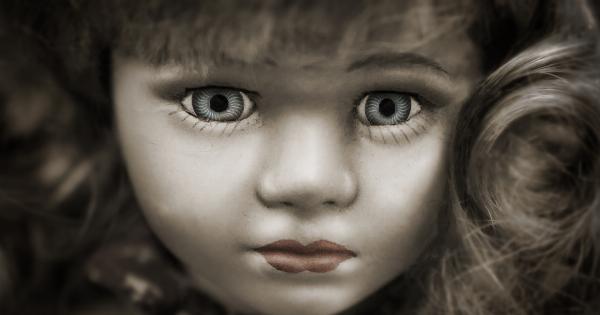Menopause is a natural biological process that marks the end of a woman’s reproductive years. It usually occurs between the ages of 45 and 55, but for some women, menopause can occur much earlier.
Menopause at 40 is considered early and can have various physical, emotional, and psychological effects. In this article, we will discuss the signs and symptoms of early menopause, causes, and treatment options.
Signs and symptoms
The signs and symptoms of menopause at 40 are similar to those experienced by women going through menopause at a later age. These include:.
- Irregular periods
- Hot flashes
- Night sweats
- Vaginal dryness
- Mood swings
- Anxiety and depression
- Difficulty sleeping
Women who experience early menopause may also be at a higher risk for certain health conditions, such as osteoporosis and heart disease.
Causes
There is no one cause of early menopause. Genetics may play a role, as women with a family history of early menopause may be more likely to experience it themselves.
Medical conditions and treatments, such as chemotherapy and radiation therapy, can also cause early menopause. Additionally, certain lifestyle factors, such as smoking and excessive alcohol consumption, may increase the risk of early menopause.
Diagnosis
If you are experiencing symptoms of early menopause, your doctor may recommend some tests to determine if you are, in fact, going through menopause. Blood tests can measure hormone levels and detect changes in estrogen and progesterone levels.
Your doctor may also perform a pelvic exam to check for any abnormalities in your reproductive system.
Treatment options
There are several treatment options available for women who experience early menopause. Hormone replacement therapy (HRT) is a common treatment that involves taking estrogen and/or progesterone to help alleviate symptoms.
However, HRT can have some risks and may not be suitable for everyone.
Other options include lifestyle changes, such as quitting smoking and reducing alcohol consumption, as well as taking supplements, such as calcium and vitamin D, to help prevent osteoporosis.
Coping with early menopause
Going through menopause at any age can be challenging. Women who experience early menopause may face additional physical and emotional challenges.
It is important to prioritize self-care during this time, which can include getting enough sleep, exercising regularly, and seeking support from friends and family.
There are also support groups and counseling services available for women who are struggling to cope with early menopause.
Conclusion
Menopause at 40 is considered early and can have a significant impact on a woman’s life.
Symptoms can be similar to those experienced by women going through menopause at a later age, but women who experience early menopause may also be at a higher risk for certain health conditions. Treatment options include hormone replacement therapy, lifestyle changes, and supplements, but it is important to consult with your doctor to determine what is best for you.
Remember, you are not alone, and there are resources available to help you cope with the challenges of early menopause.





























